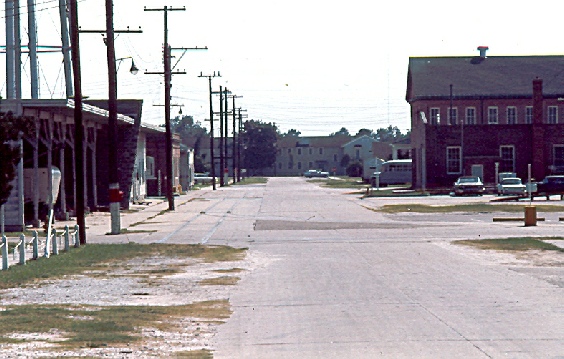

Farragut replied, “I can not live here, and will seek some other place where I can live, and on two hours’ notice.’” 1 Naval historian Alfred T. When Farragut endeavored to defend Lincoln’s call for volunteers to defend government property, he was very bluntly told by a former brother officer that Virginia had seceded and that he must either resign or leave Norfolk. He soon learned that most of the Southern naval officers had already sent in their resignations, though some had done so with great regret. Biographer Charles Lee Lewis wrote that the next morning, Farragut went as usual “to the store to talk over the latest developments with the naval officers who had been gathering there for political discussions, he at once sensed a change in their attitude toward him. At the beginning of the Civil War, Farragut was in professional limbo – suspected of Confederate sympathies because of his and his wife’s southern birth and suspected of northern sympathies because of his own public statements.įarragut was in Virginia when Virginia seceded. He was less successful in operations on the Mississippi River around Vicksburg in 18.Īfter a controversial period of sea service, Farragut had relocated in 1860 to his wife’s home town of Norfolk, Virginia to await official orders that never came.

The Southern-born officer led the Union capture of New Orleans in April 1862 and the Battle of Mobile Bay in August 1864, in which he closed the Confederacy’s last big port on the Gulf of Mexico. David Glasgow Farragut was the Union Admiral who served most of the war as commander of the West Gulf Blockading Squadron.


 0 kommentar(er)
0 kommentar(er)
